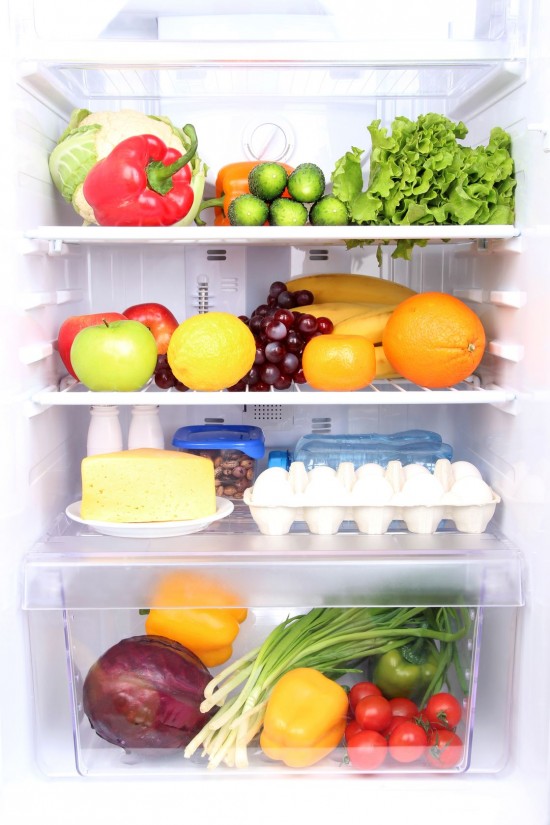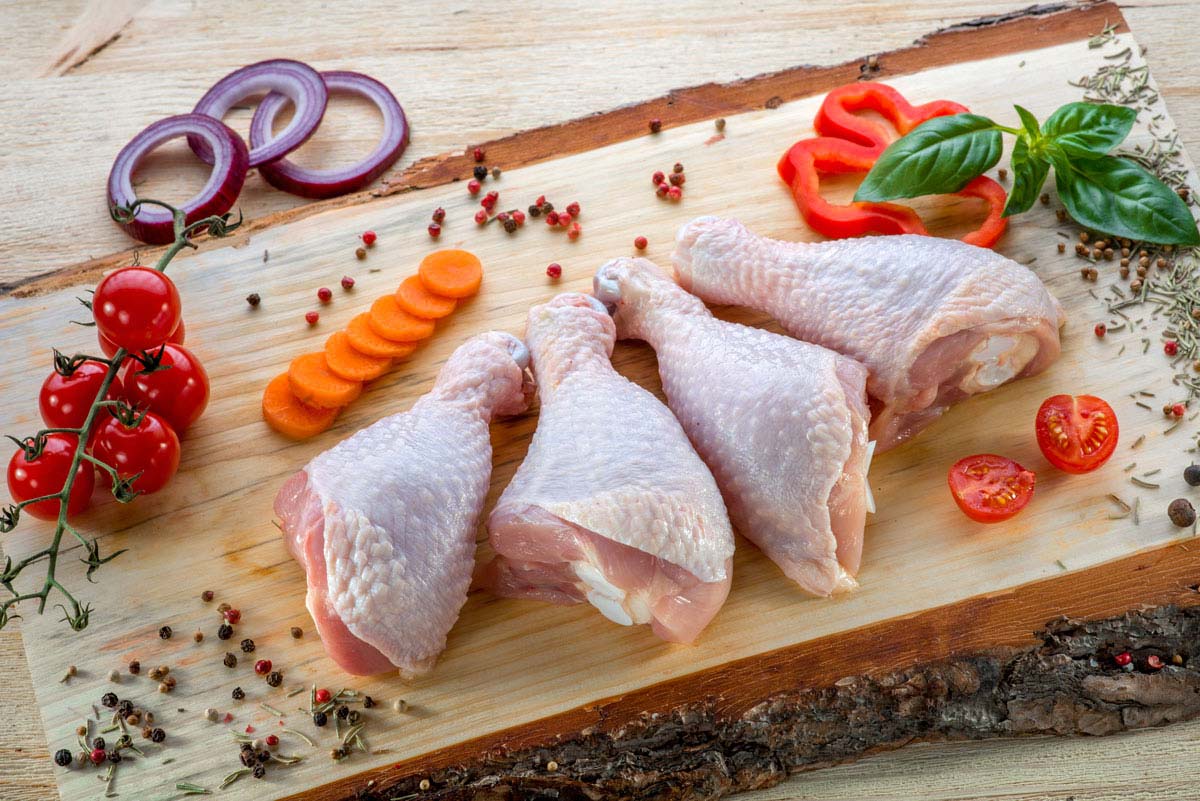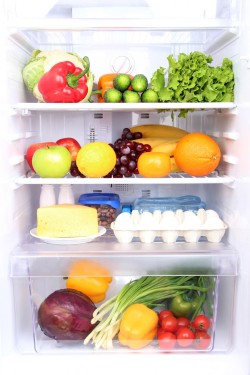
Frozen Food Tips
At times, we realize that we’ve bought more produce than we can consume, or have excess quantities of a cooked meal and wonder if it’s safe to freeze such foods. At other times, we wonder if the food in our freezer is safe to consume. Is freezing safe? And how does it affect the quality of food? We’re going to advise you on the most appropriate ways to freeze food, and provide you with some insight on the effect that freezing has on food.
In general, if food is frozen below -18 degrees Celsius, it seldom poses a safety concern. This is primarily due to the fact that freezing inactivates microbes such as bacteria, yeasts and mold. Remember, however, freezing does not destroy these microbes. Once these frozen foods are thawed, the microorganisms will begin to multiply provided they are in an environment that favors growth. For this reason, you must thaw frozen foods with caution.
Almost any food can be frozen, with the exception of eggs and canned food (if it remains in the can, that is); however, not all foods retain their pre-frozen qualities equally well. For example, meat and poultry freeze well, but lettuce doesn’t.

Food quality is affected by the enzyme activity in the food. Enzymes are found in most foods and catalyze certain chemical reactions such as the ripening of fruits and vegetables. Freezing does not stop enzyme activity, but does slow it down. This leads to slow, but progressive deterioration in the quality of frozen food.
Vegetables are more affected by enzyme activity than meat/poultry and fruit. For this reason, vegetables are often blanched (a process whereby the vegetable is quickly cooked in boiling water for a short period of time) prior to freezing. The heat exposure destroys the active enzymes. Blanching, however, does cause partial nutrient loss and for this reason, fresh vegetables are recommended over frozen vegetables due to their higher nutrient content.









